Table of Contents
Introduction to Pepper
Pepper is one of the most iconic spices in the world. It's not just about heat; it's about flavor, tradition, and versatility. Whether you're a seasoned chef or a home cook looking to elevate your dishes, pepper has something to offer. In this article, we'll explore everything you need to know about pepper, from its history to how to use it like a pro.
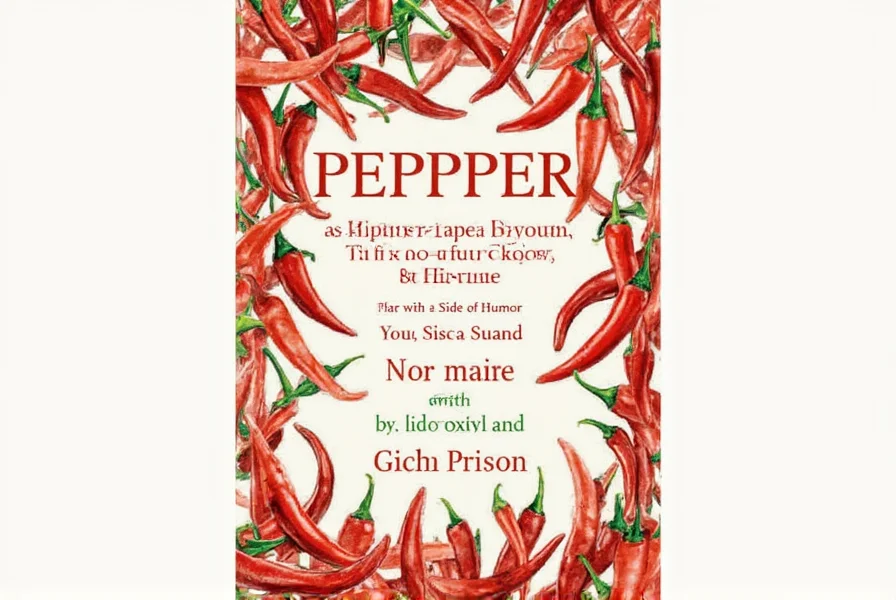
Spice Basics: What is Pepper?
Pepper comes from the dried berries of the Piper nigrum plant, native to South Asia. These tiny berries are harvested at different stages of ripeness to create distinct varieties, each with unique flavor profiles. Unlike chili peppers (which belong to the Capsicum genus), true pepper varieties are derived from the same plant species and offer complex, non-burning heat from piperine.
Here are the primary types of pepper:
- Black Pepper: Made from unripe berries dried in the sun. The most common variety, known for its sharp, pungent flavor.
- White Pepper: Made from fully ripe berries with the outer layer removed. Offers a milder, earthier taste with less complexity than black pepper.
- Green Pepper: Unripe berries preserved in brine or freeze-dried. Provides a fresh, herbal, and slightly citrusy flavor.
- Red Pepper: Ripe berries that are rare in commercial use. Has a sweeter, fruitier profile with moderate heat. Note: "Red pepper" commonly refers to chili peppers (Capsicum), which are a different spice entirely.
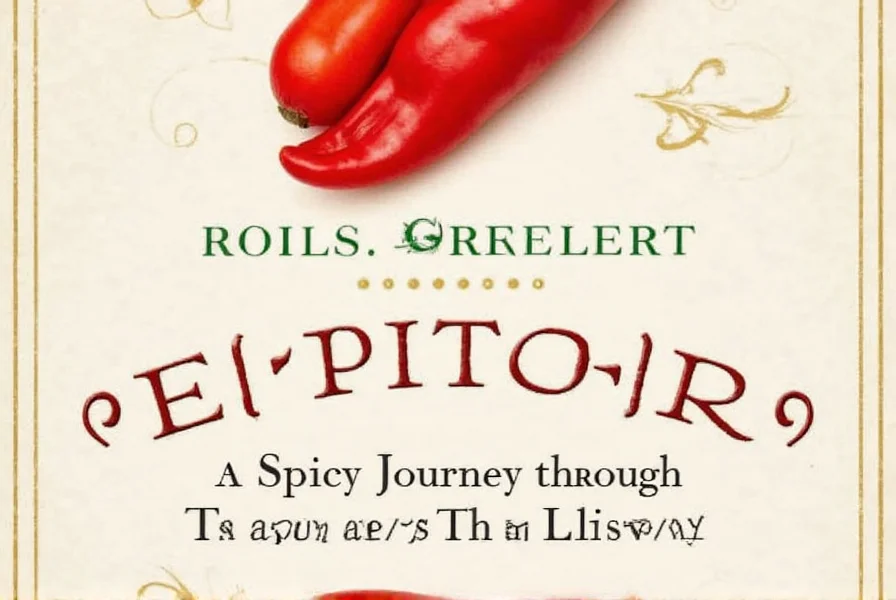
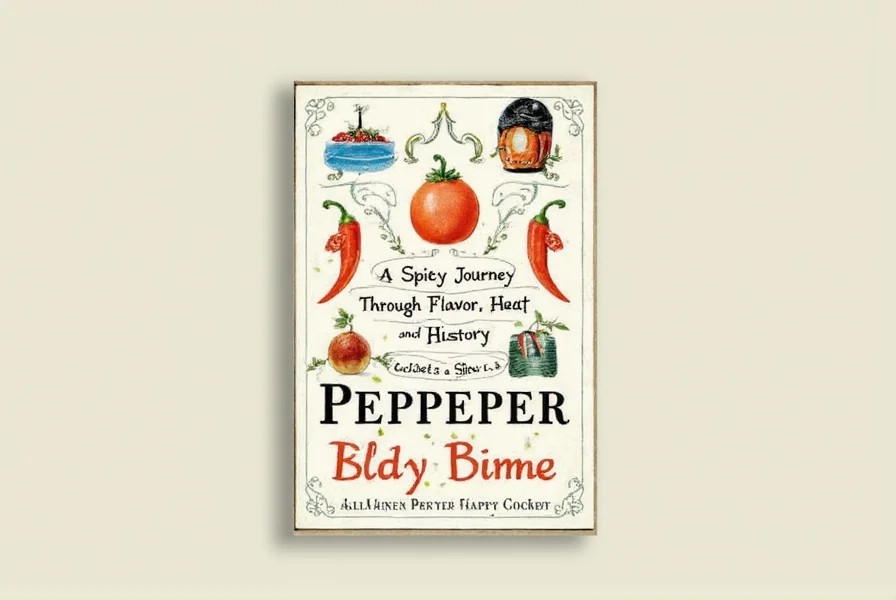
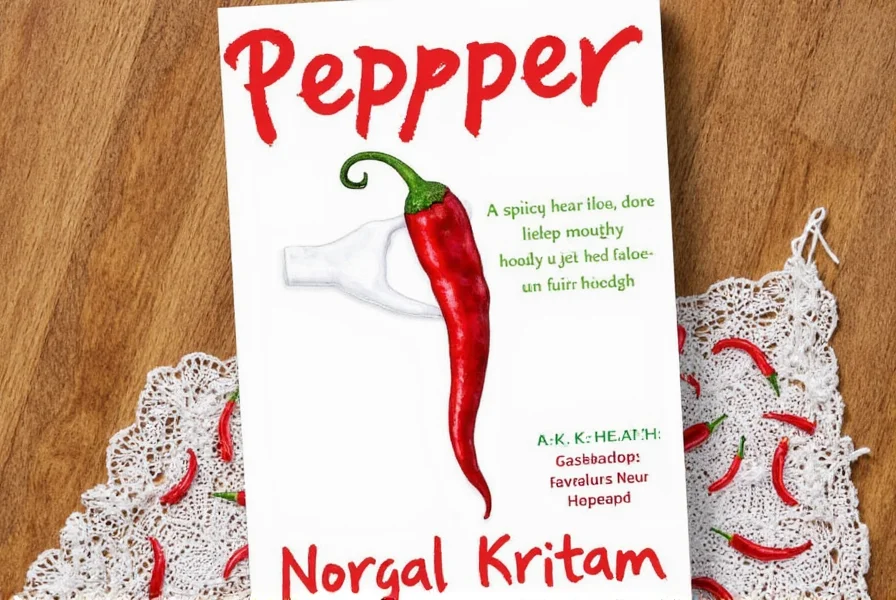
Heat Levels and Varieties of Pepper
Pepper's heat comes from piperine, which creates a tingling sensation rather than the burning heat of chili peppers. Here's how different pepper varieties compare:
| Type | Flavor Profile | Heat Level | Best For |
|---|---|---|---|
| Black Pepper | Pungent, sharp, slightly sweet | Moderate to high | Meats, soups, sauces, general seasoning |
| White Pepper | Mellow, earthy, less sharp | Mild to moderate | White sauces, seafood, delicate dishes |
| Green Pepper | Fresh, herbal, citrusy | Mild to moderate | Salads, marinades, light dishes |
| Red Pepper (Ripe Black Pepper) | Sweet, fruity, complex | Moderate | Gourmet dishes, specialty recipes |
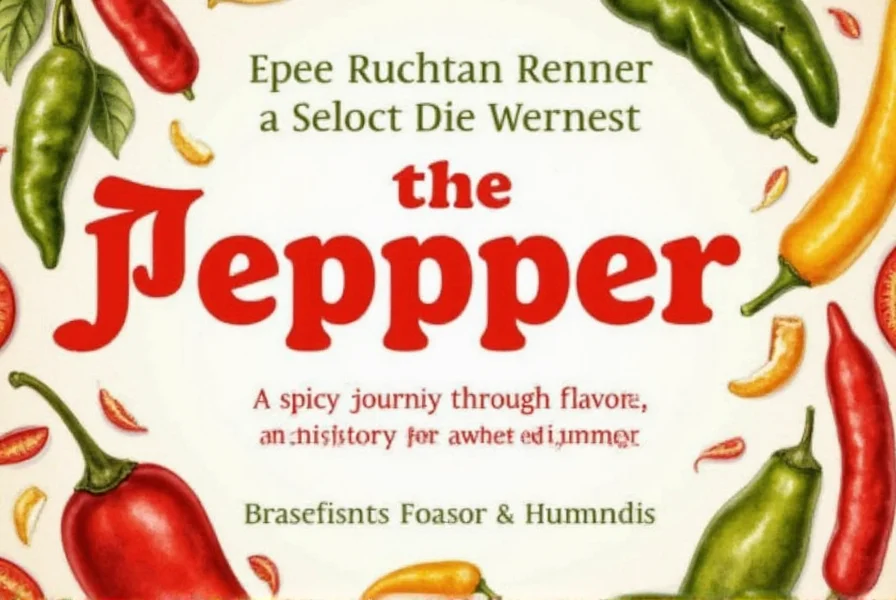
Culinary Uses of Pepper
Pepper is incredibly versatile and enhances countless dishes. Here are key applications:
- Seasoning meats: Black pepper is essential for grilled or roasted meats, adding depth without overpowering.
- Enhancing sauces: A pinch of white pepper in béarnaise or hollandaise keeps sauces smooth and visually appealing.
- Adding depth to soups: Black pepper works well in tomato-based soups and creamy broths for balanced flavor.
- Marinating fish: Green pepper preserves the delicate taste of seafood while adding freshness.
- Infusing oils: Black pepper infused in olive oil creates an aromatic base for dressings or finishing dishes.
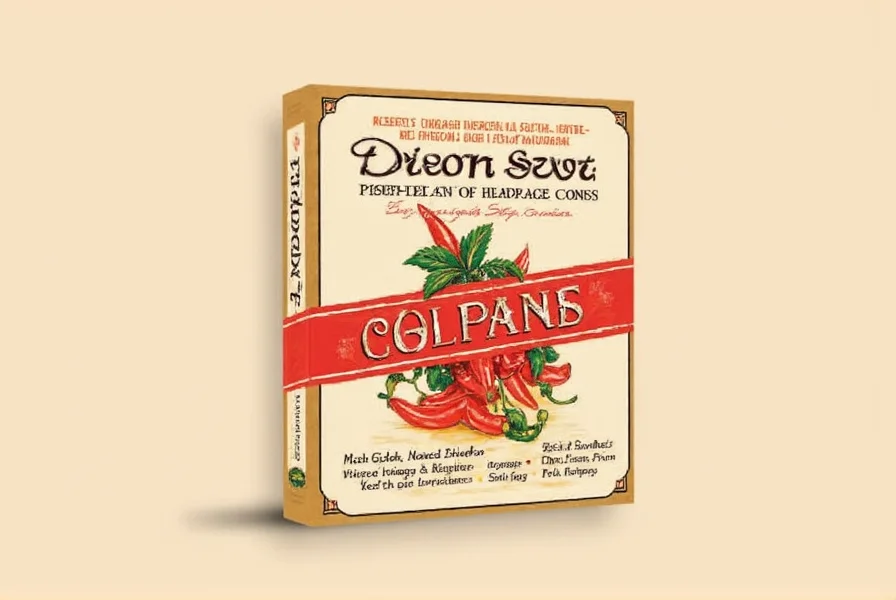
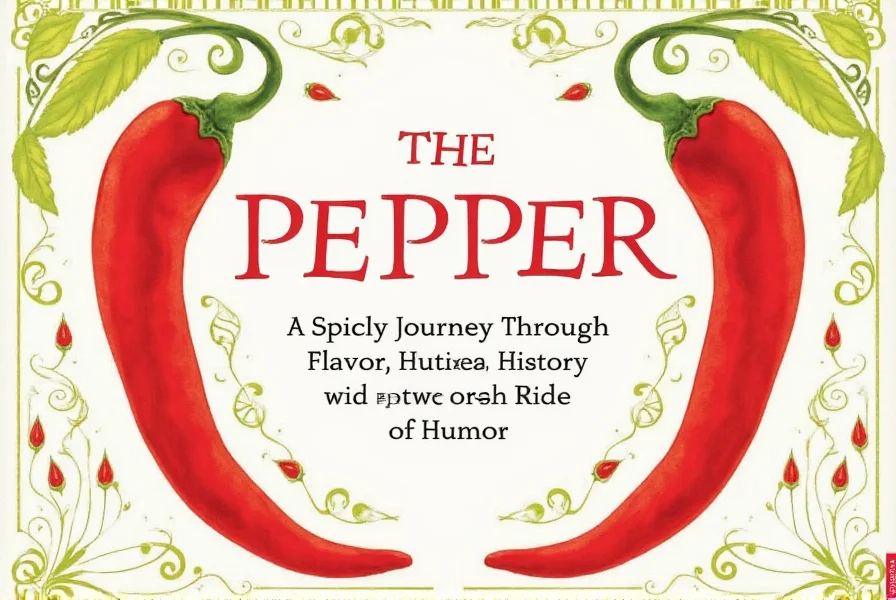
Practical Tips for Cooking with Pepper
Maximize flavor with these expert tips:
- Grind it fresh: Pre-ground pepper loses potency quickly. Use a peppermill for maximum aroma and flavor.
- Use it sparingly: Start with a pinch—pepper's intensity builds quickly.
- Pair it wisely: Combines well with garlic, onions, thyme, rosemary, and acidic ingredients like lemon juice.
- Store properly: Keep whole peppercorns in an airtight container away from light and heat. Ground pepper should be used within 3 months.
- Experiment with varieties: Try white pepper in creamy dishes for subtle heat, or green pepper for fresh notes in salads.

Buying Guide: How to Choose the Best Pepper
Follow these criteria when selecting pepper:
Key Features to Look For
- Origin: Indian, Vietnamese, or Brazilian peppercorns are renowned for quality.
- Form: Whole peppercorns retain freshness longer than ground pepper.
- Aroma: Fresh pepper should have a strong, pungent scent. Avoid stale or musty-smelling products.
- Color consistency: Black peppercorns should be uniformly dark; white pepper should be smooth and off-white.
Recommended Products
Top choices for different needs:
1. Indian Black Pepper (Whole)
- Features: Hand-picked from Kerala, India. Rich in piperine for intense flavor.
- Advantages: Deep aroma, versatile for all cooking applications.
- Best For: Steak, stews, sauces, and everyday seasoning.
2. Vietnamese Green Pepper (Brine-Preserved)
- Features: Freshly harvested and preserved in saltwater.
- Advantages: Bright, herbaceous notes perfect for seafood and salads.
- Best For: Summer dishes, light pasta, and marinades.
3. Brazilian Red Pepper (Ripe Black Pepper)
- Features: Rare ripe berries with natural sweetness.
- Advantages: Complex flavor profile for gourmet applications.
- Best For: Fine dining, desserts, and specialty recipes.
Conclusion
Pepper is far more than a simple spice—it's a culinary cornerstone with rich history and remarkable versatility. By understanding the differences between black, white, green, and red varieties (and avoiding confusion with chili peppers), you can elevate any dish. Remember: fresh grinding, proper storage, and intentional pairing are key to unlocking pepper's full potential. Whether you're seasoning a steak or crafting a gourmet sauce, the right pepper choice makes all the difference.
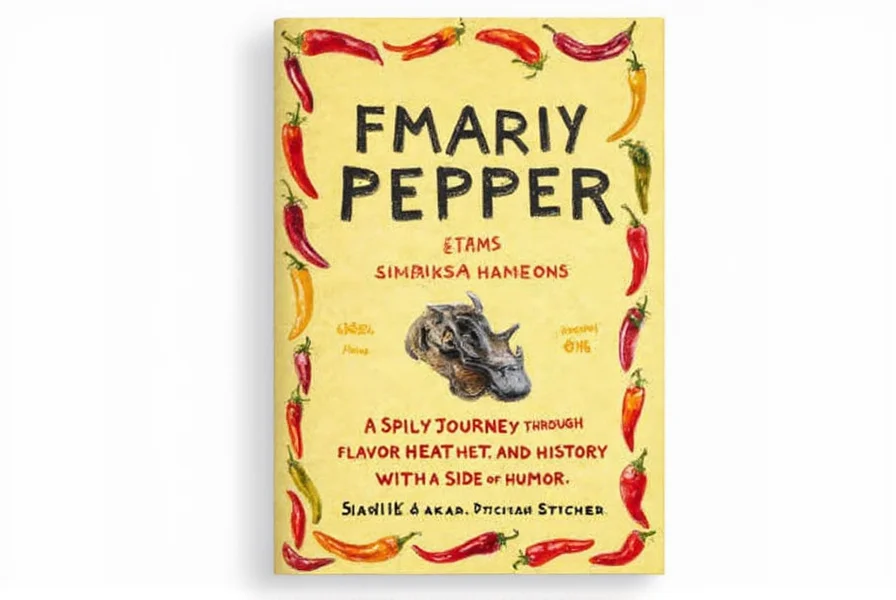










 浙公网安备
33010002000092号
浙公网安备
33010002000092号 浙B2-20120091-4
浙B2-20120091-4